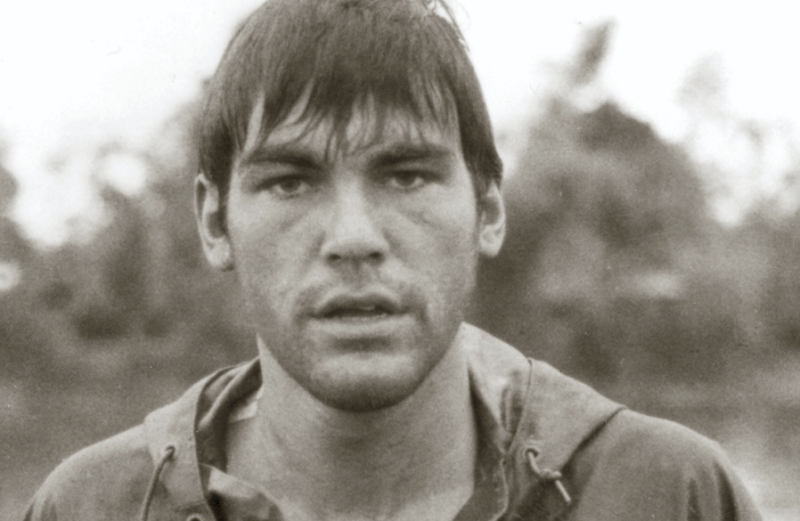

I would hear things about the film in the coming months, about the Ratings Board giving it an X in October of ’83 - a rating that would’ve doomed the film commercially. Ultimately Al persisted, and some of the notes I wrote were addressed, some not. I wouldn’t see or talk to Bregman until Born on the Fourth of July surprisingly came around again six years later. Al, over the years, maintained his love-hate relationship with his mentor/father figure Marty, while my own deep relationship with Marty ended harshly, and with it any prospect of doing my Russian dissident film. He was weak, evasive in that way, and I probably should’ve stayed out of this husband-and-wife storm, because ultimately, as is often the case, I was cut out as the friend. Yet Al failed to defend me when Marty came down on me for betraying him. And it was Al who’d asked me to step in as a co-counsel in this dispute. In this case, I had worked on the script far more closely with Marty and Al than with Brian. And looking back, I realize if I’d been the director, I too would’ve been furious about my screenwriter talking directly to the star, undermining my authority. It was easier for Marty to pick a fight with me than with Al. I understood that as a screenwriter, you can’t attach yourself emotionally to the outcome of a film, but how else could I have written it? The overall sluggish pace, the lack of cohesion and meaning overwhelmed me. The beginning and the end were going to be okay, but the middle needed a tremendous amount of attention.

It had clearly been worked into a “finer cut” stage with some added effects, music, and so forth, but this was a mess.

Now, it’s true that I hadn’t had much experience seeing directors’ rough cuts, but at two hours and 49 minutes, this was not that, which would’ve been in the four-hour range. All our work seemed to have gone up in flames. He’ll go nuts.” When I saw the “rough cut” one morning in a typically small, crummy New York screening room, I grew massively depressed. He said if I told Al my problems, “it’ll only make things worse - you know Al. Clearly he was worried about my talking to Pacino, whom he knew I was close to creatively. Here’s Oliver Stone, recalling that fateful screening.īregman invited me to see a “rough cut” of Scarface but warned me that I should talk to him first, right afterwards. Stone eventually reunited with Pacino, this time as a director, in the adrenalized but surprisingly affectionate Any Given Sunday, another Miami-set tale of machismo, greed, and desperation.

And soon after he made another Al Capone-indebted gangster epic (one that got more initial respect than Scarface ), The Untouchables. De Palma’s next film after Scarface was Body Double, another very ’80s, freakishly watchable film that wasn’t an immediate success but has earned a ravenous cult following.


 0 kommentar(er)
0 kommentar(er)
